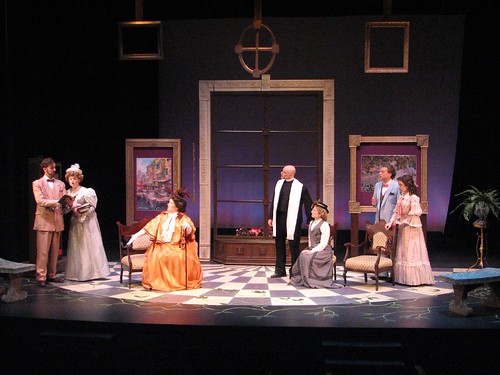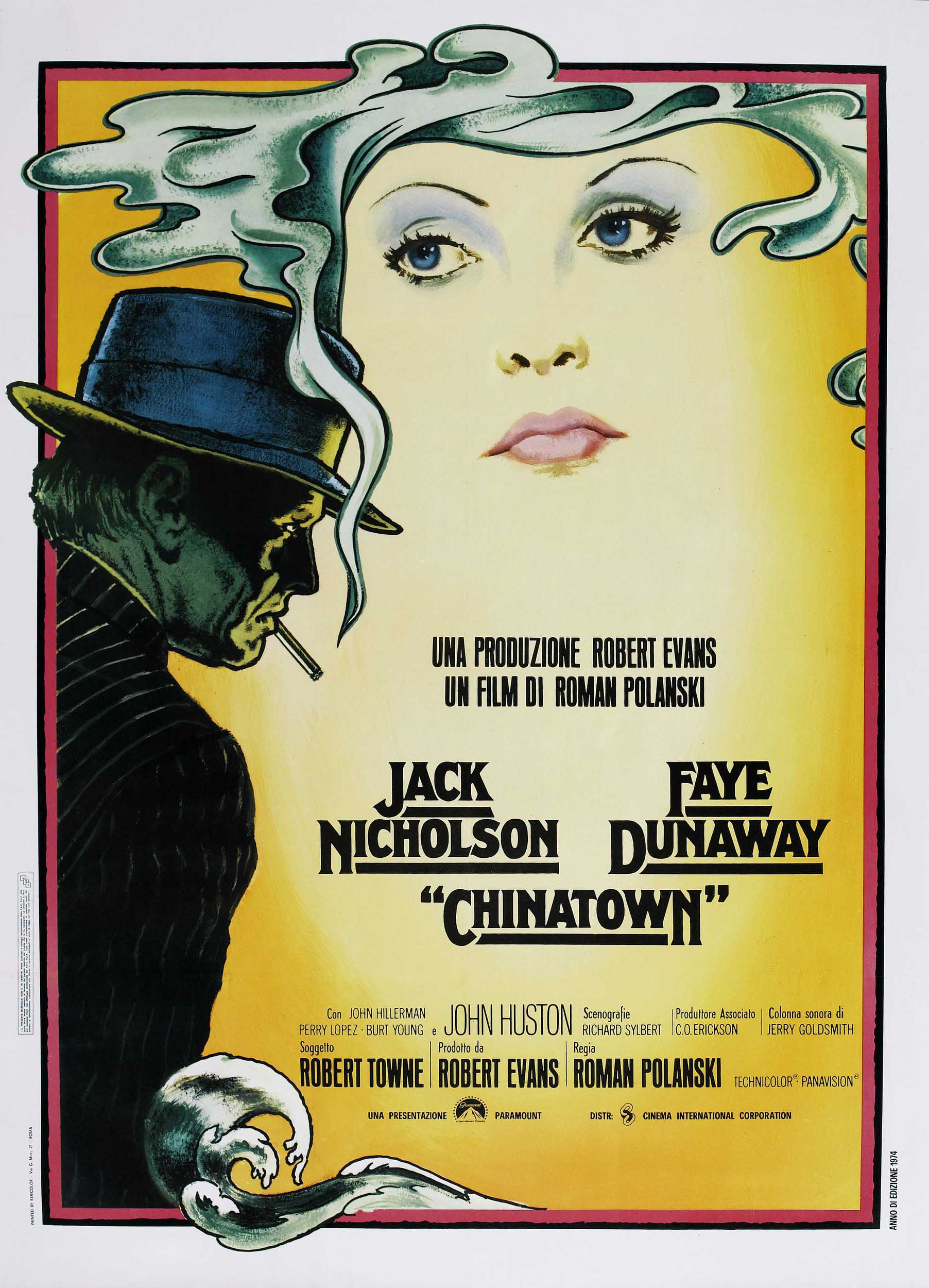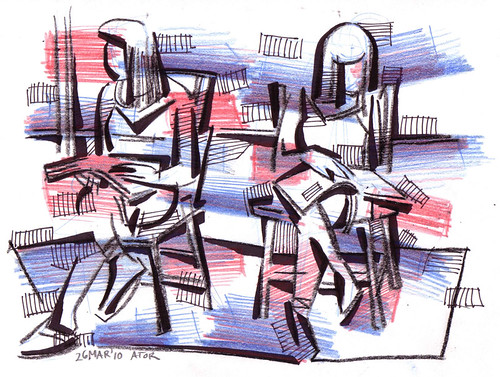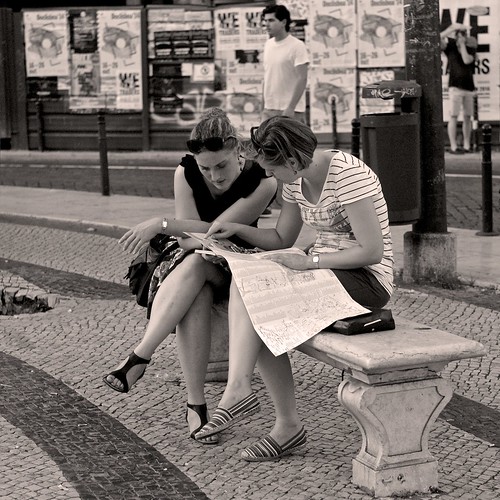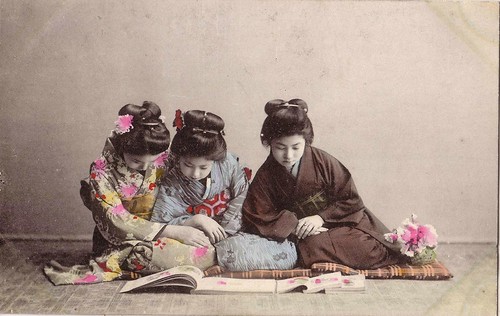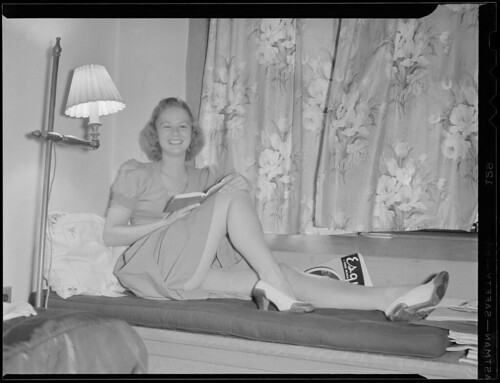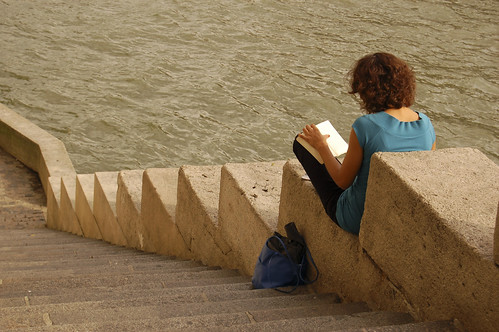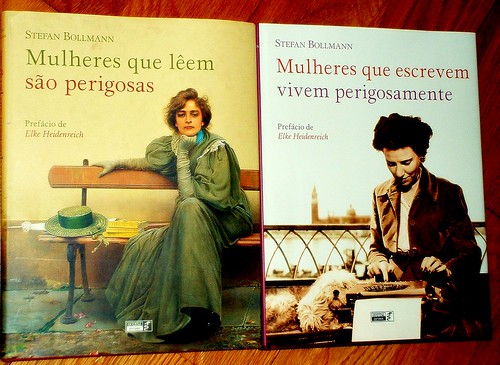 |
| Our Marvelous Hosts |
This month’s prompt was suggested by me, and goes thusly:
“What is something you feel is generally written well in fiction? What is something you feel is generally written poorly?”
Obviously, every author brings everything they can to their work. It’s an agreement of our trade, and no strange one at that. We write because we must, but when we publish something, it is also something we tend to take pride in.
I’m not a huge fan of the phrase ‘labor of love,’ just because it sounds like an excuse. “I didn’t really learn how to use exclamation points or a spell checker before I published this, but, hey, I really put my heart into it!” Um, no. I’d rather read book from people who’ve learned the craft and can write a good story.
Anyway, authors want to write good stuff. The books that are famous and the books that we adore have something in common—they are artful, somehow. Sometimes it’s symbolism, or archetypes, or thematic elements. Other times it’s character arcs or certain plot devices that enamor us.
Either way, every book is going to make an assertion, and every book brings something to the table, however small.
Nor does art fail to breach genre or era.
A book like The Handmaid’s Tale talks about human rights, religion, and the role of women in society. It was published in 1985.
But then you’ve got Jane Eyre. It talks about individuality and duty, religion, and the role of women in society. It was published in 1847.
And then you’ve got The Unwind Dystology. The last book just came out, but Unwind came out in 2007. And it talks about human rights (especially to one’s own body), religion, and the role—no, the power—of teens in society. And the nice thing is, Neal Shusterman writes about the girls and the guys (so in a way, he’s just saying that the role of women is up-close-and-personal with that of men).
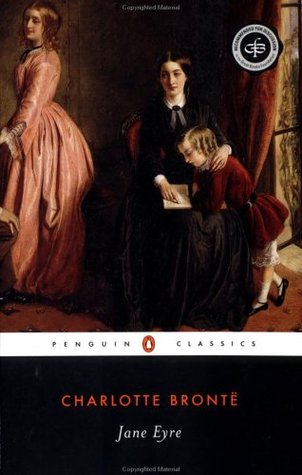 |
| via Goodreads |
Every book brings something, and the books that last tell us is that writing is full of incredible meaning and power. A writer will never cease to write until a point that matters has been made, and well made at that.
It isn’t enough, though. Not for me.
Yeah, I like books that are symbolic (blatantly so, because that’s not my forte) and have thematic elements. Sure, sometimes it’s necessary we use these ideas so that everyone understands our point.
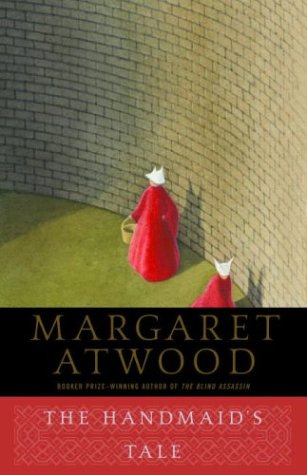 |
| via Goodreads |
and our purpose and mankind, and then they’ll forget to give the story a soul.
The soul of a book is imperative for it to resonate with me, more than I can say in words.
Part of the reason that I love Neal Shusterman is that I feel what he wants me to feel. I know what those kids feel. I’ve never been that desperate, and I have never once thought my parents would think my life worth more in a divided state than whole. But I feel and know that anger, that resentment, the grief of the betrayal and the shame that comes with it all.
Like that, but with every book. My reaction. The memory. The feeling when you’re laying on your bed at
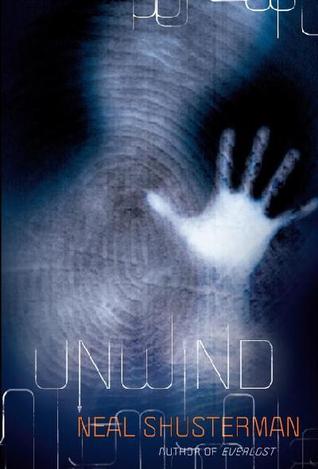 |
| via Goodreads |
And like Elie Wiesel said, “Some stories are true that never happened.”
More than anything, books are a relationship. A contract, if you will, between the writer and reader.
We never read alone.
That is, unless the book doesn’t have a soul. And I think soul is different for every person. I didn’t have much a feel for "Fences" by August Wilson. I do not think I’m going to rush to read a book by William Manchester in a hurry. And I got bored reading The Hunger Games.
I was bored, but other people fell in love. Our taste in souls varies from person to person. It’s amazing.
Yes, we’re good at tackling the important stuff, the fragments imbued with meaning. Bring it to life and making it last? Well, we all need something to strive for.
 |
| Flickr Credit: Aaron Moraes |
What do you think is written well, or poorly? And, if you’re in the blog chain, drop your link so I don’t forget to come by on your day!
Be sure to check out the rest of the chain!
5th – While I Should Be Doing Precal
6th – Jasper Lindell's Other Blog
7th – The Upstairs Archives and Against the Shadows
8th – Miriam Joy Writes
9th – The Ramblings of Aravis
10th – Sometimes I'm a Story
11th – Kira Budge: Author
12th – The Little Engine That Couldn't
13th – http://maralaurey.wordpress.com/
14th – http://dynamicramblings.wordpress.com/
15th – literallylovely
16th – Horse Feathers
17th – Julia the Writer Girl
18th – Butterflies of the Imagination
19th – Galloping Free
20th – alwaysopinionatedgirl
21st – https://deborahrocheleau.wordpress.com/
22nd – The Road Goes On
23rd – Clockwork Desires
24th – https://introspectioncreative.wordpress.com/
25th – Hi.
26th – A Note From the Nerd
27th – Insanity, Inc.
28th – Unikke Lyfe
29th – http://teenscanwritetoo.wordpress.com/ (We’ll announce the topic for next month’s chain.)



